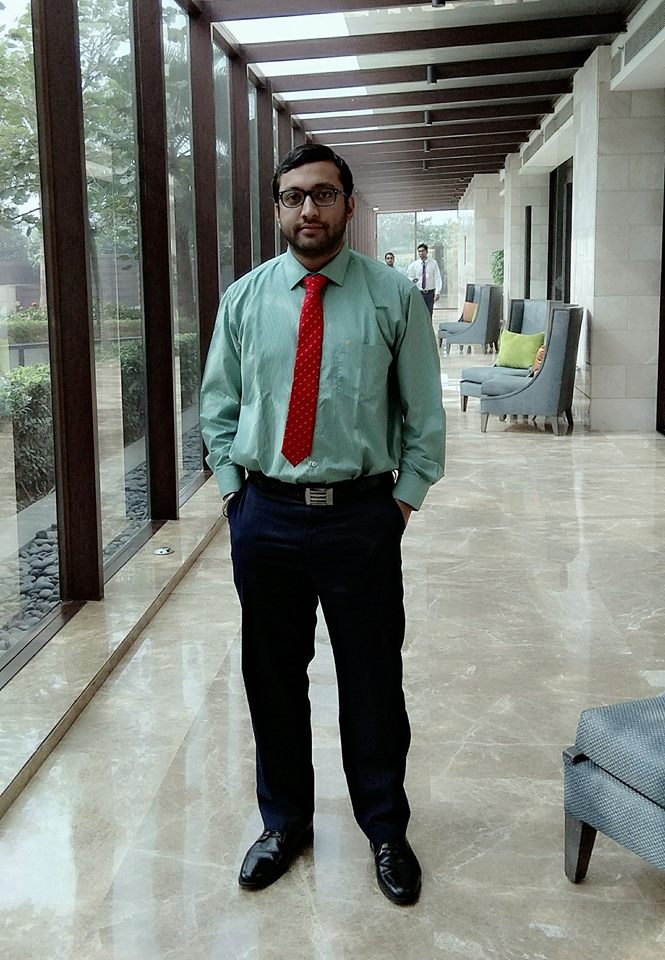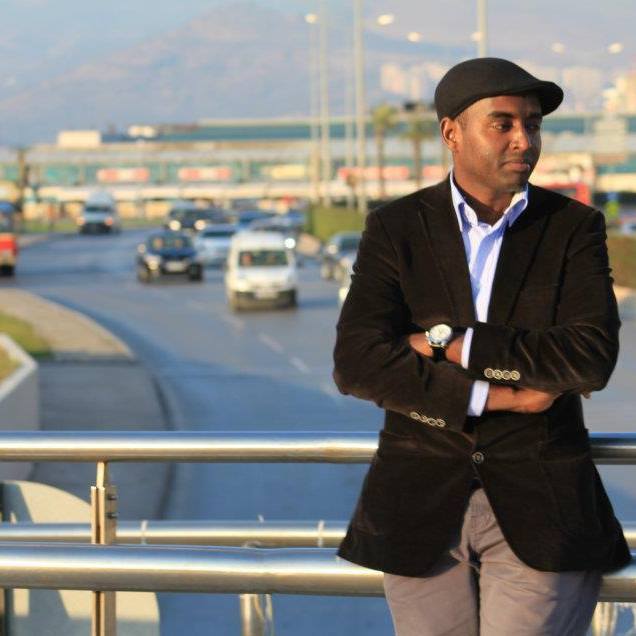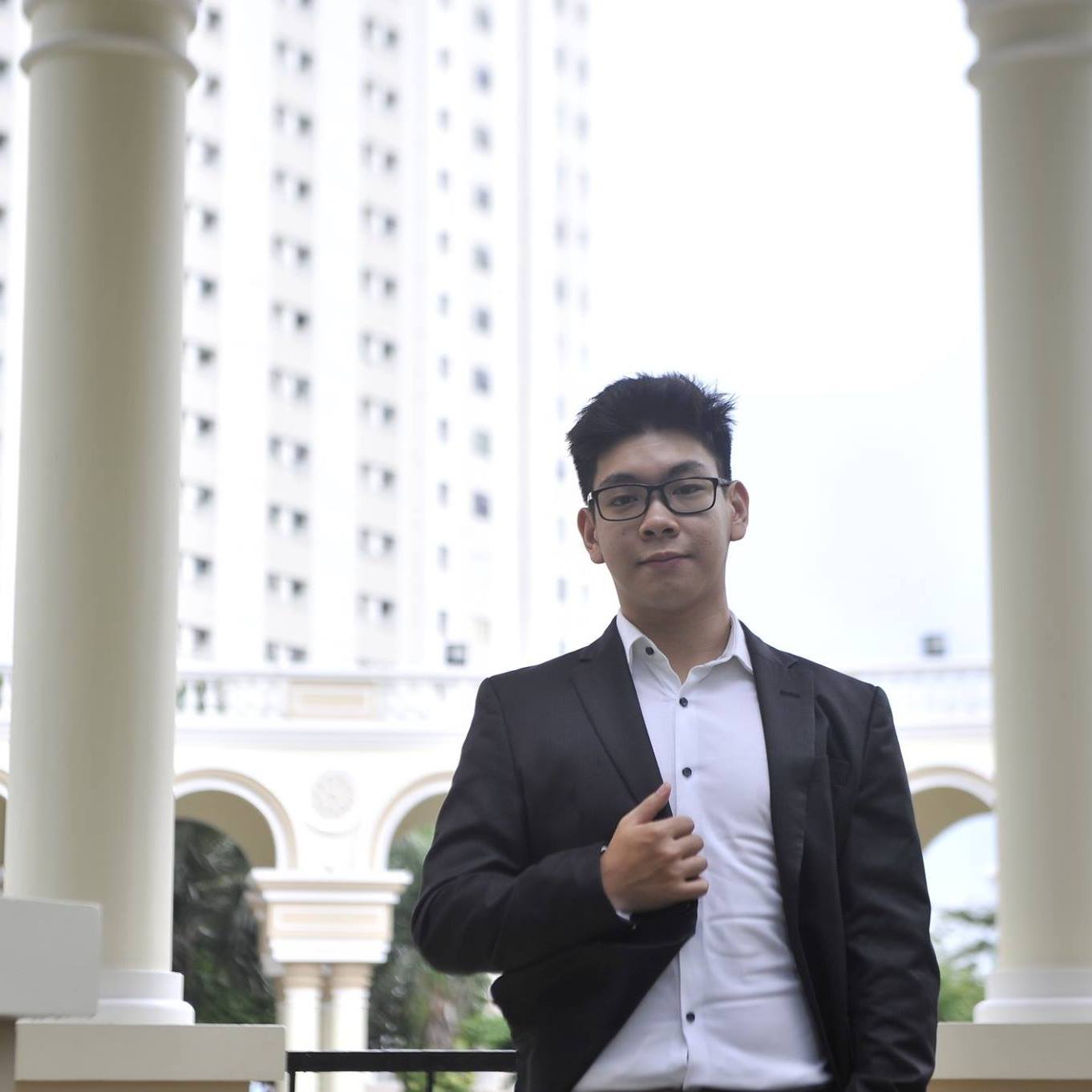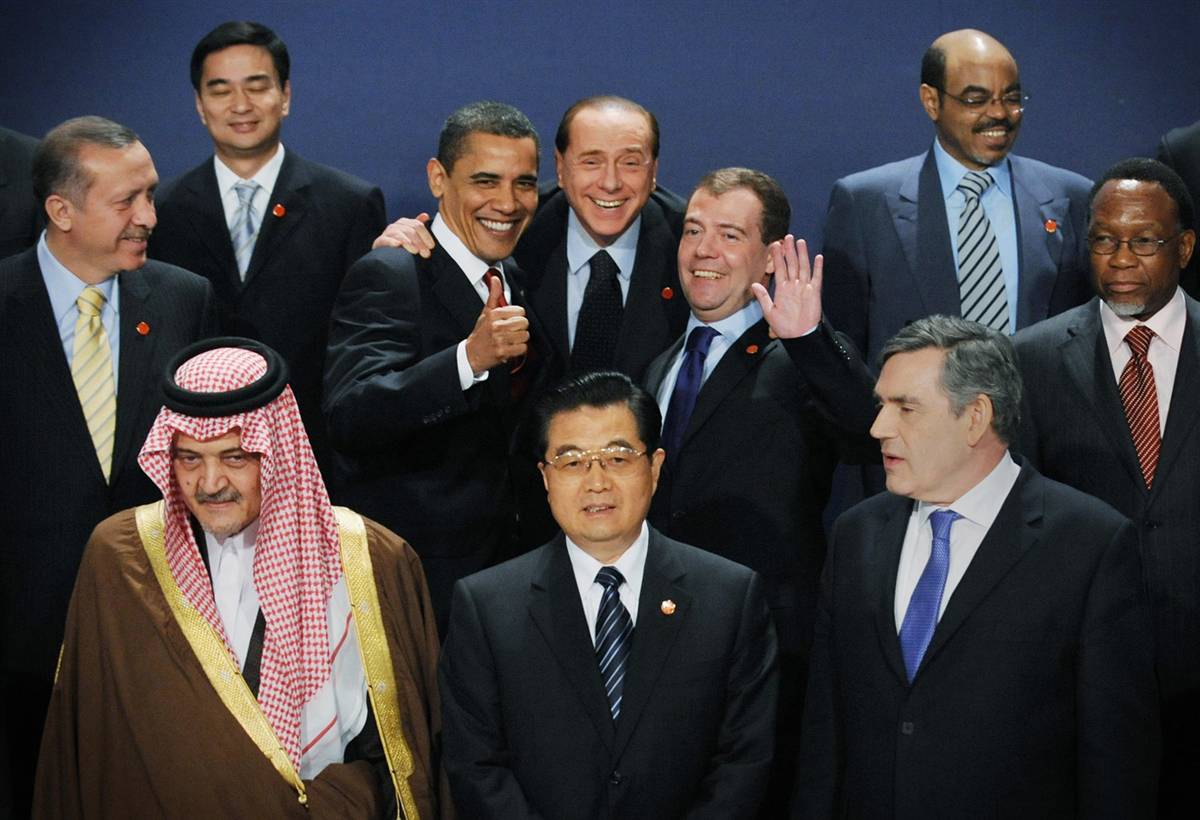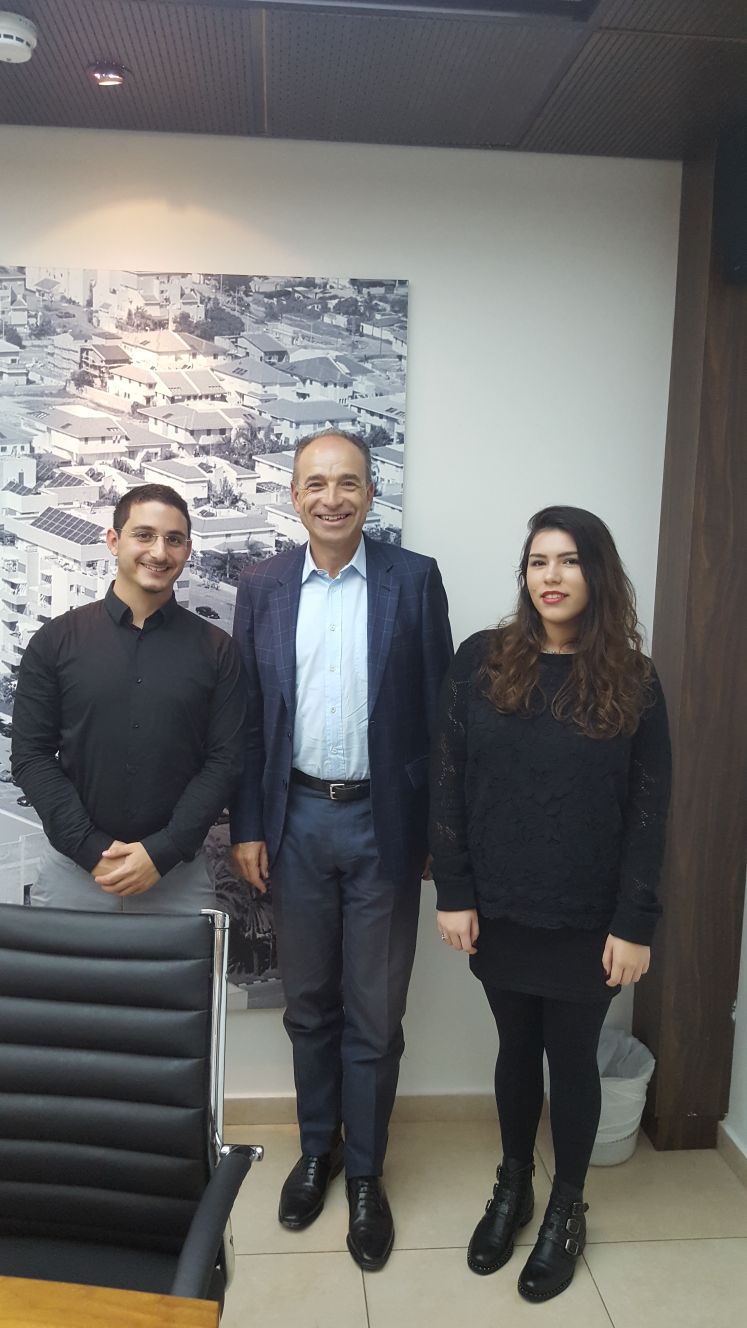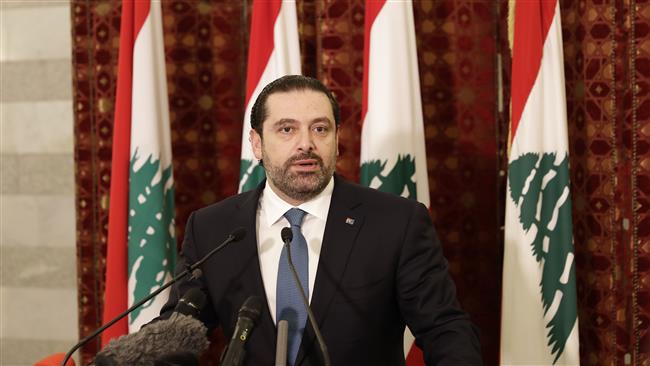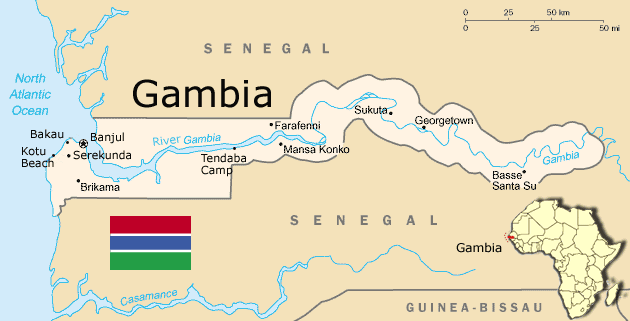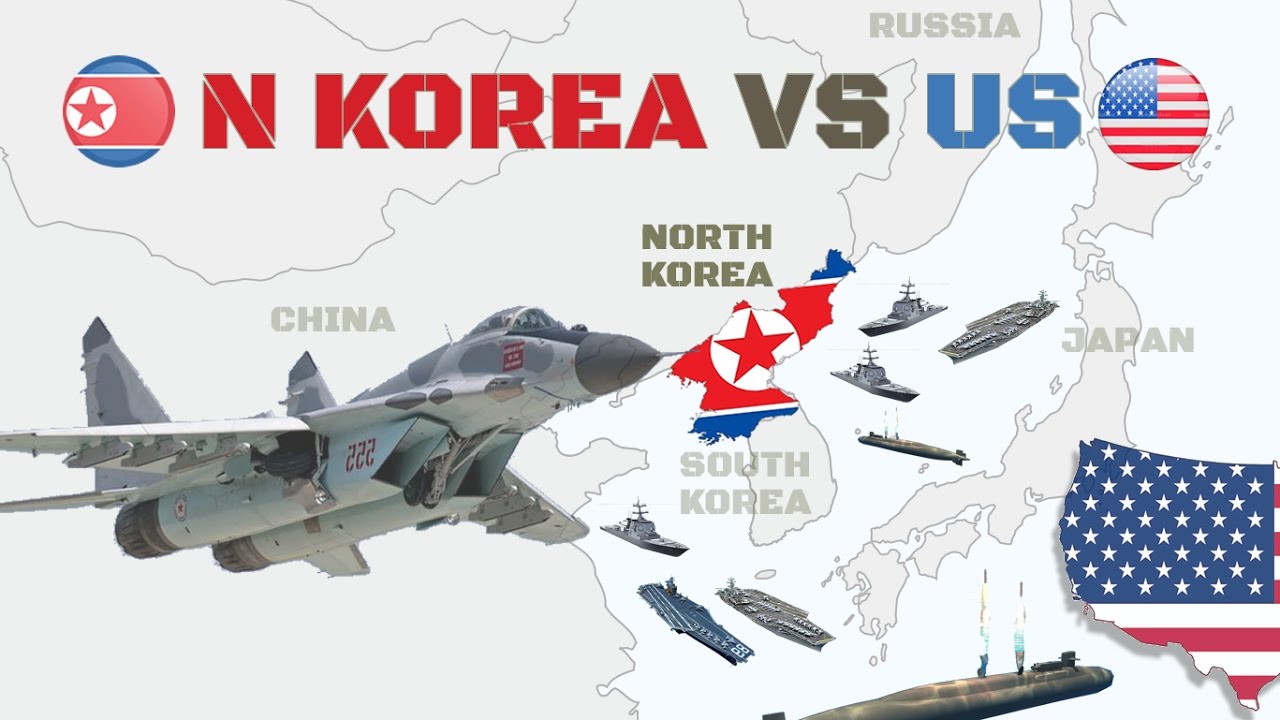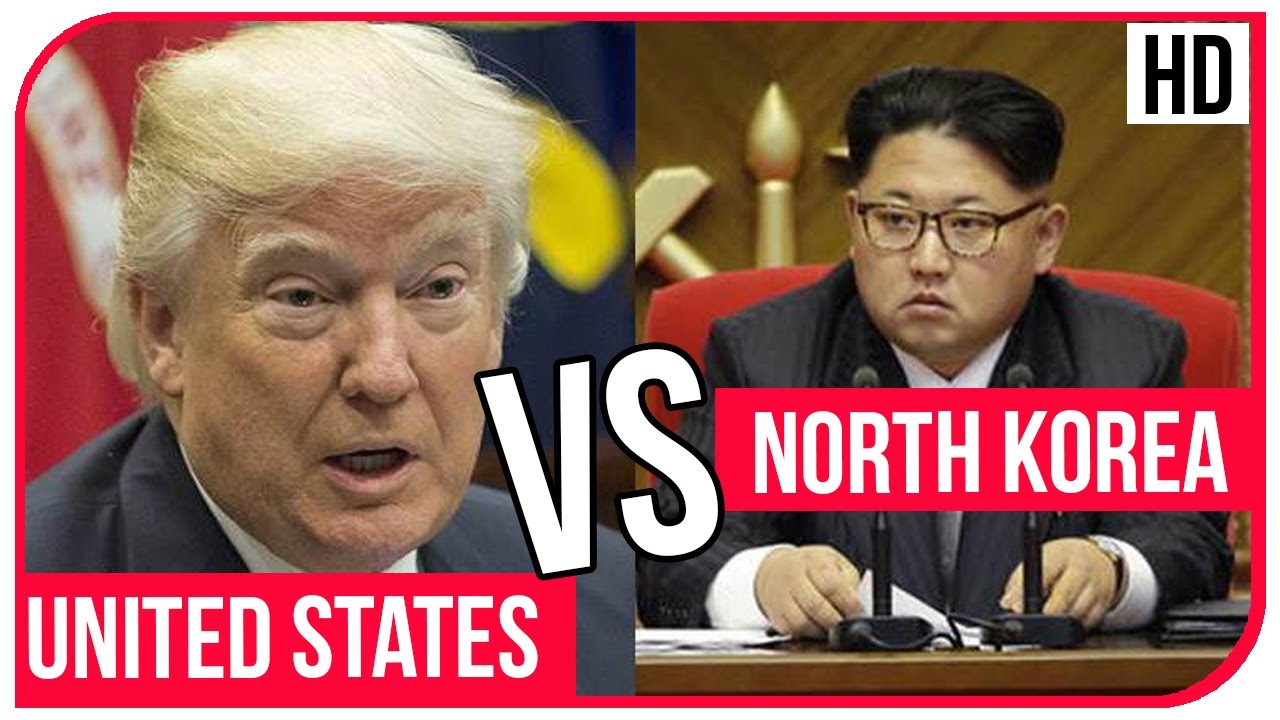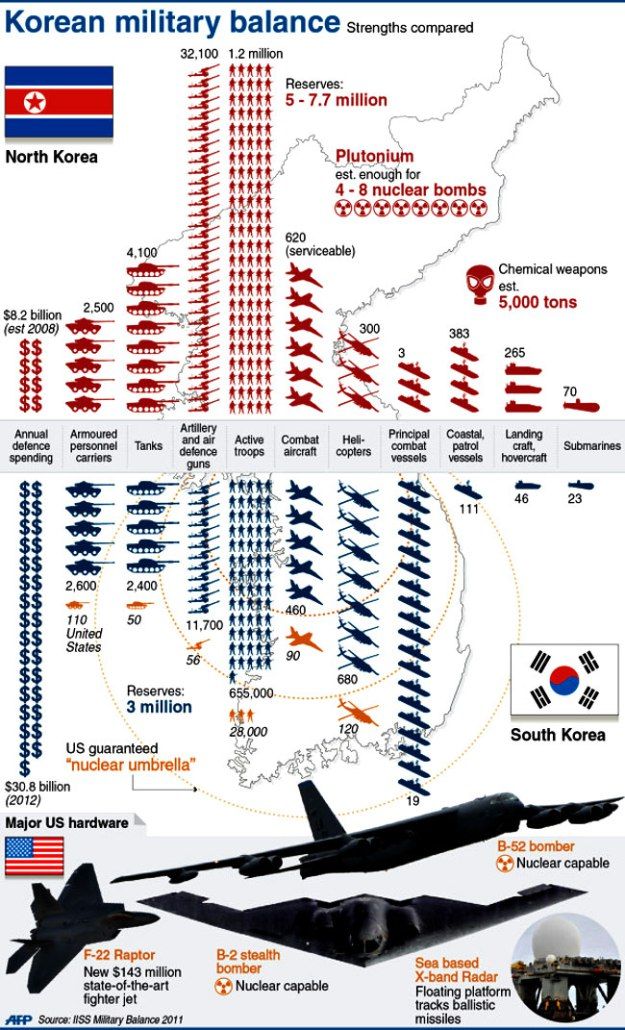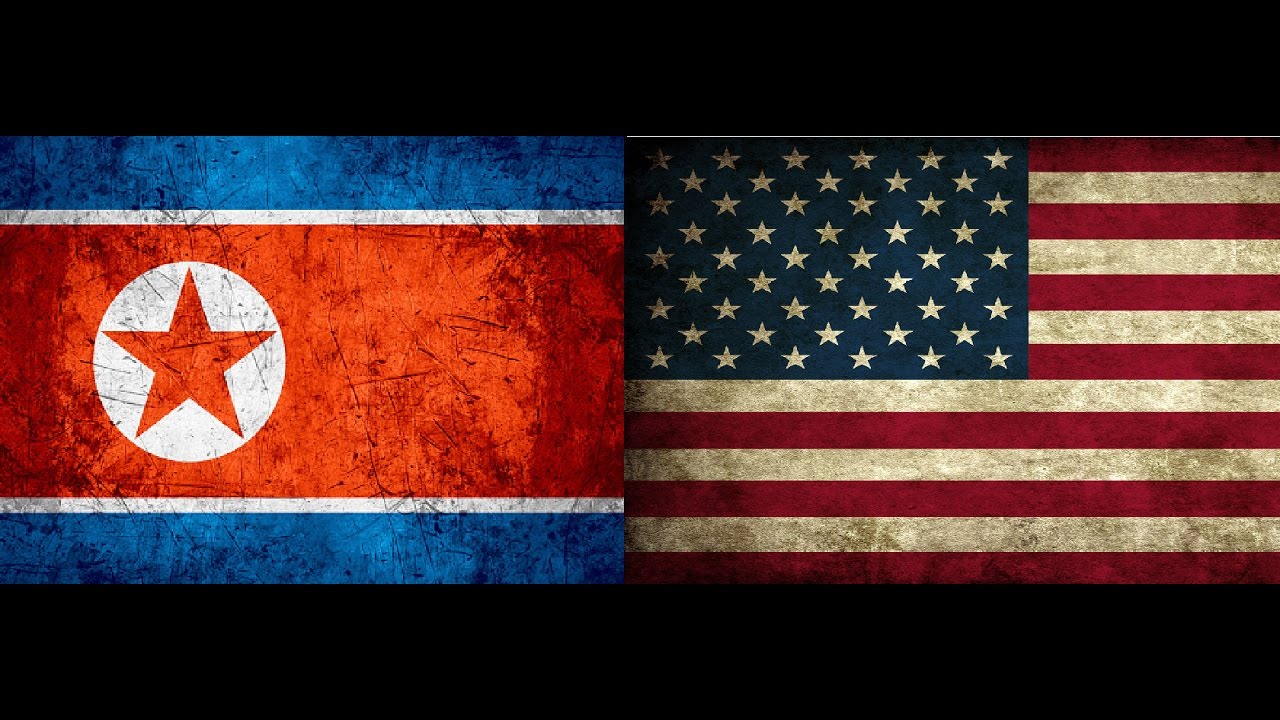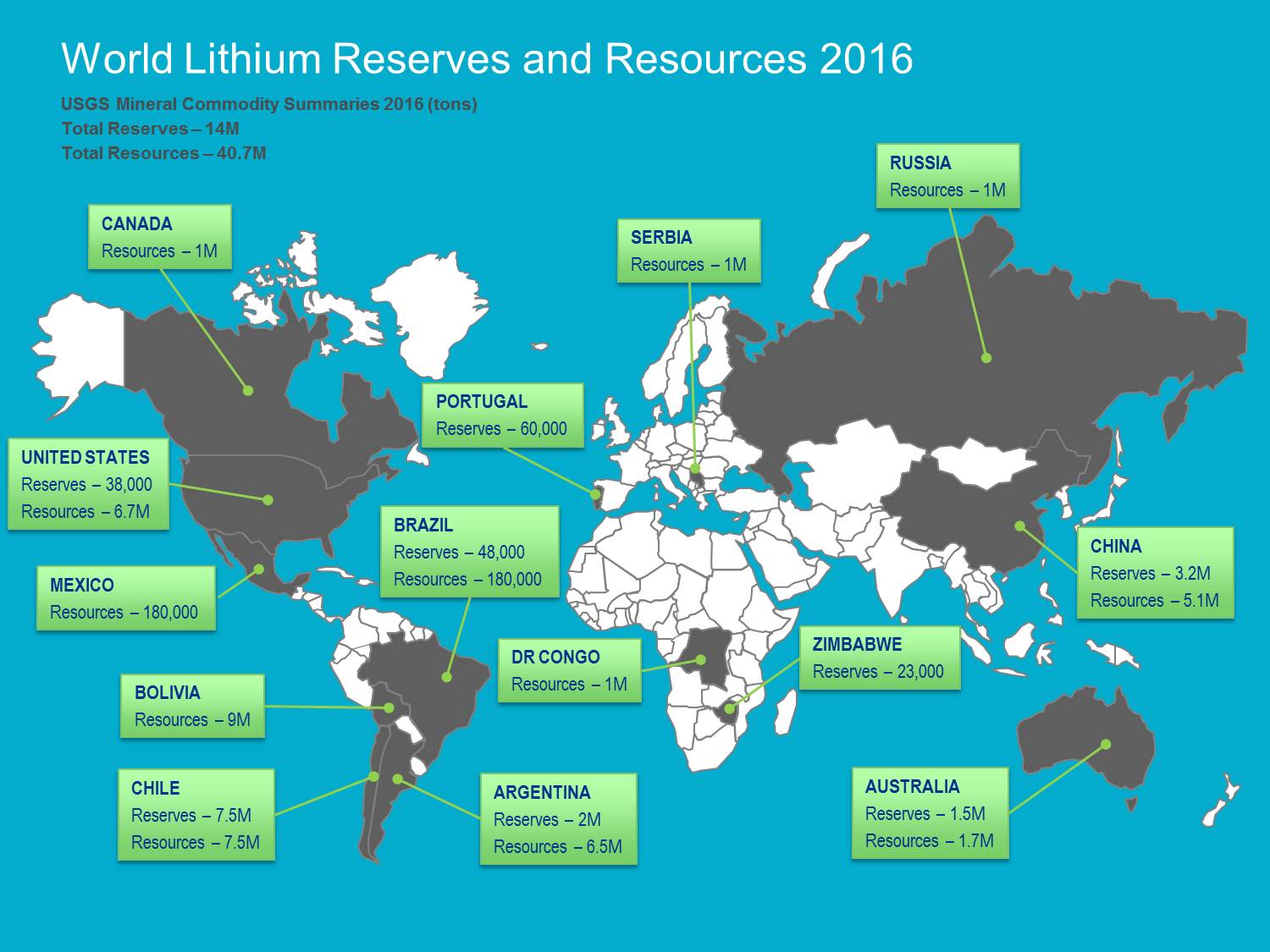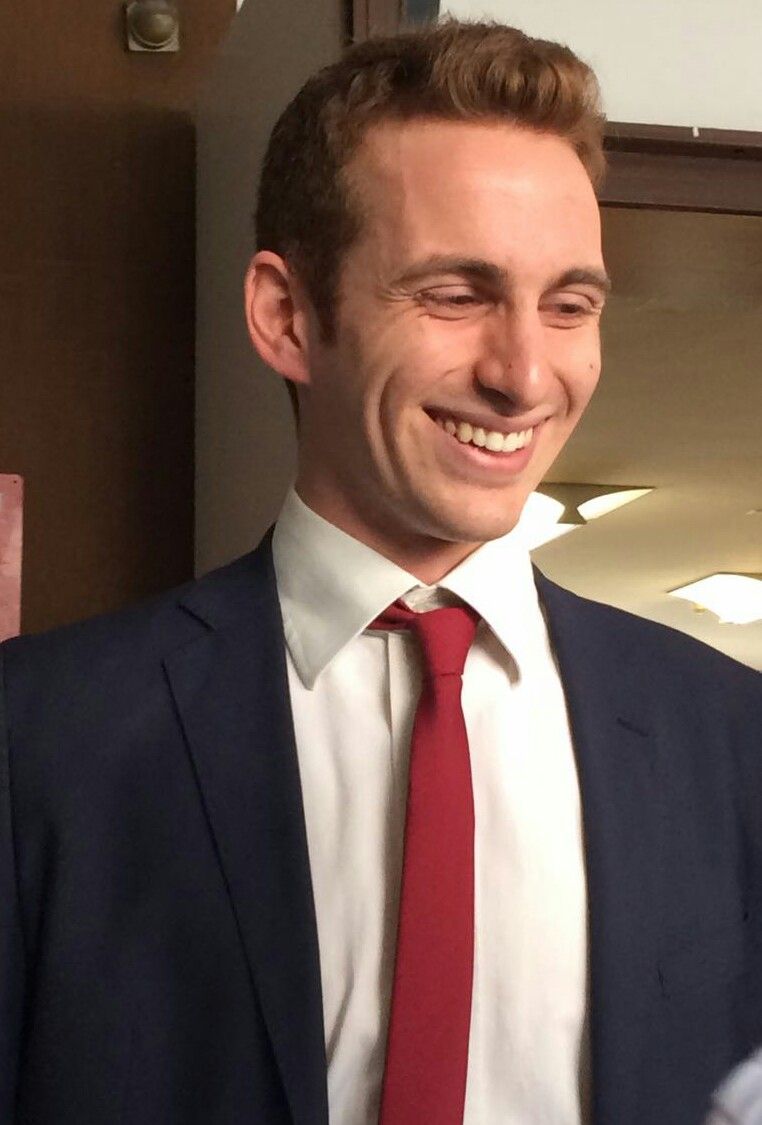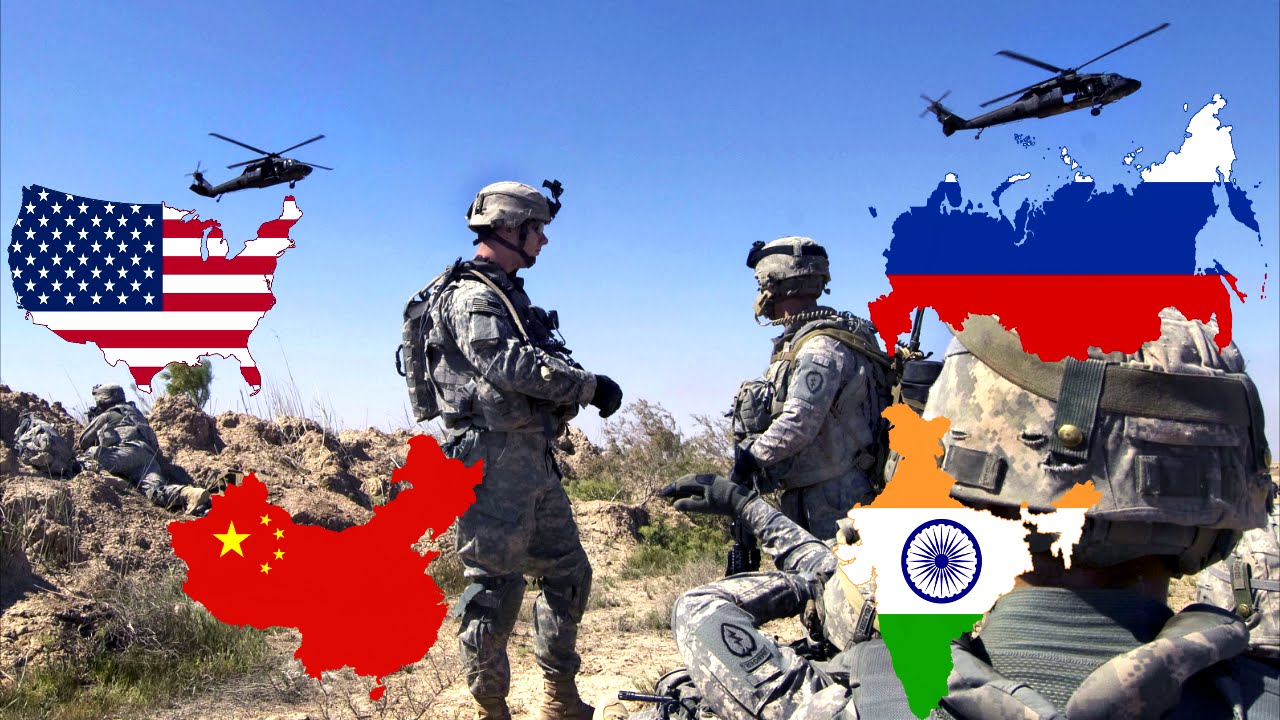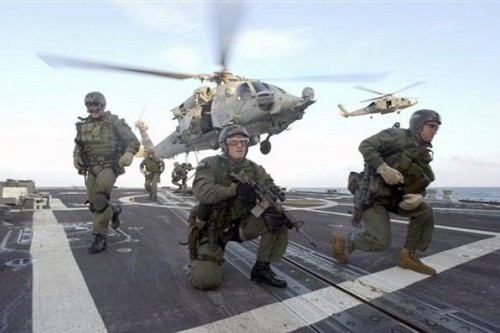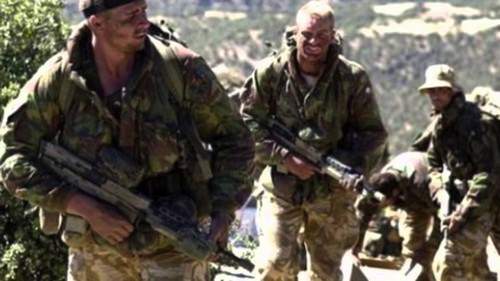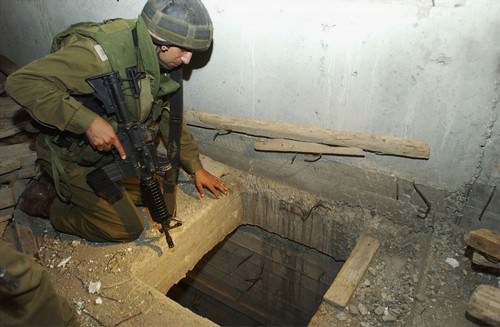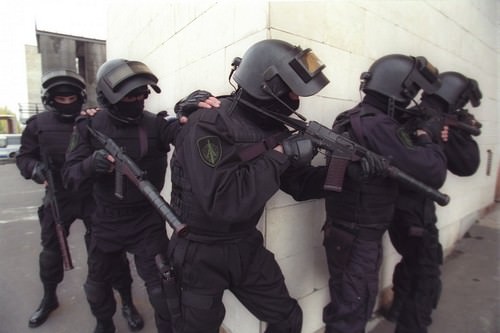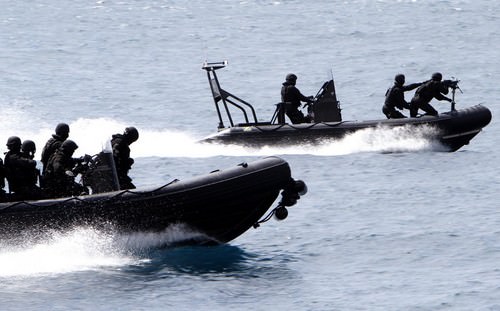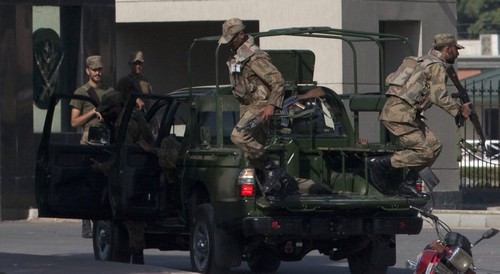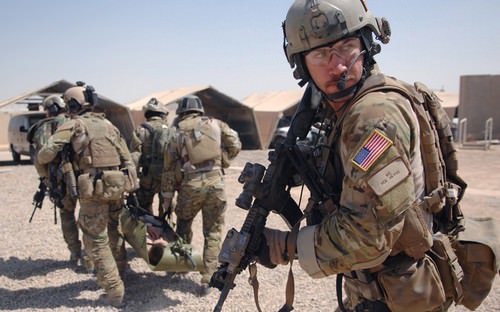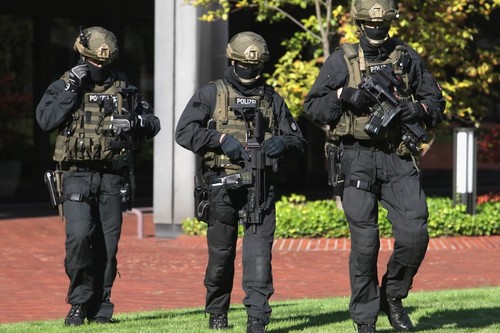The financial assistance program to Egypt by the International Monetary Fund (IMF), approved in November 2016, has scored important achievements, even as it has presented Cairo with complicated economic and political challenges. Ongoing monitoring of the economic-political developments over the past year in Egypt, coupled with a close reading of the IMF’s first annual review of the program, show that Egypt still faces a difficult uphill journey. The regime’s challenge is twofold: it must draft a comprehensive, inclusive social contract that will gain public legitimacy for the difficult but necessary reforms; at the same time, the regime must convince the international arena that it is adhering to the outlines of the reforms agreed upon with the IMF.
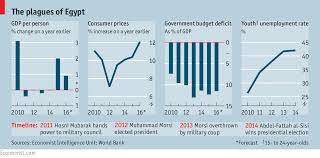
The financial assistance program to Egypt by the International Monetary Fund (IMF), approved in November 2016, has scored important achievements, even as it has presented Cairo with complicated economic and political challenges. In September, the IMF published its First Review on the implementation of the program, commending Egypt for its professionalism and political courage in leading the economic reforms. However, notwithstanding the complimentary remarks, ongoing monitoring of the economic-political developments over the past year, coupled with a meticulous reading of the report, show that the program’s achievements are fragile and Egypt still faces a difficult uphill journey until it achieves economic and political stability.
Economic Assessment
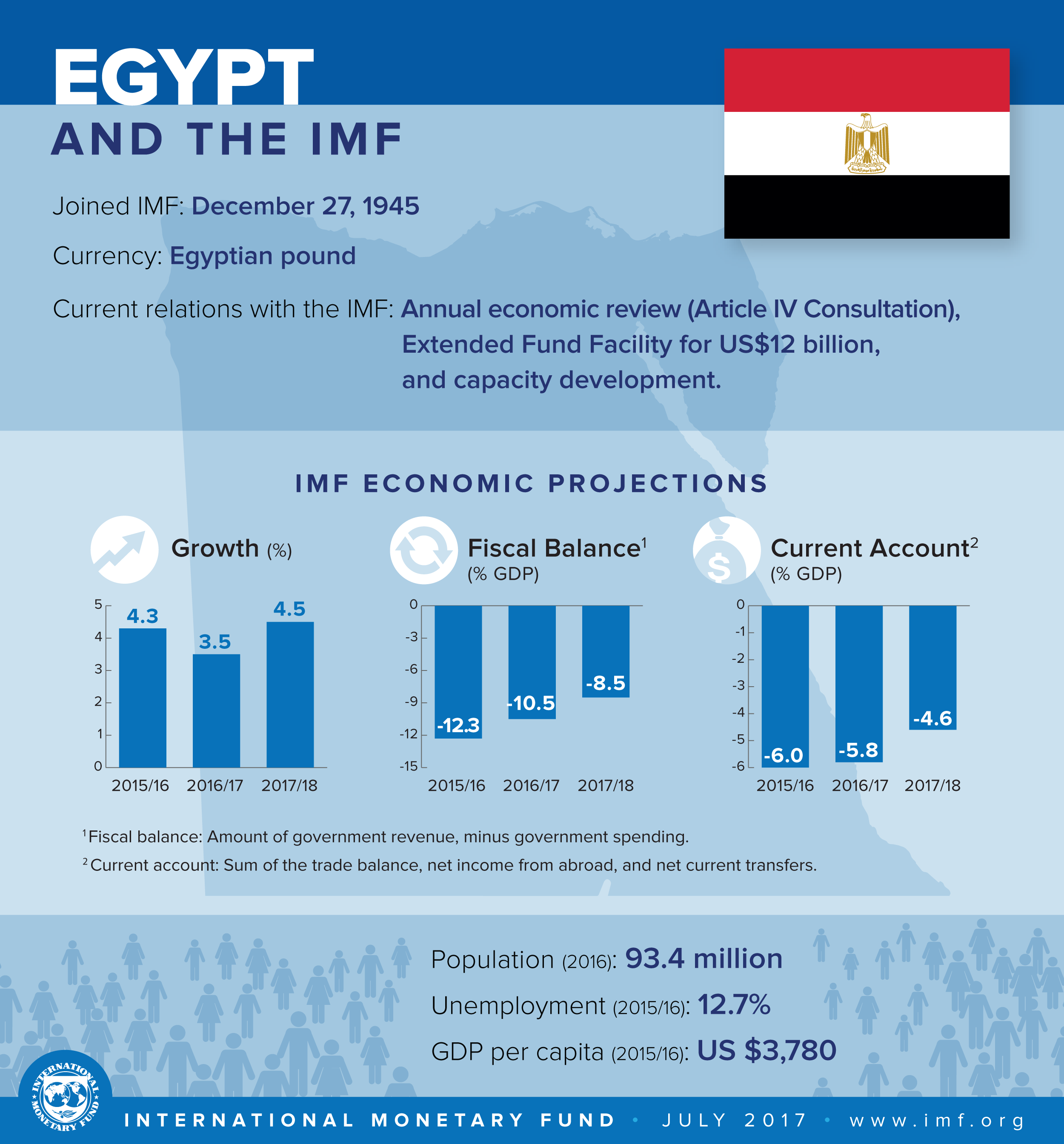
Egypt’s application to the IMF was submitted against the backdrop of the rapid rise in the costs of financing the budget deficit and the dwindling of its international reserves that in October 2016 were sufficient to cover only about three months of imports. However, since the IMF is not inclined to extricate countries from distress unless they undertake structural reforms, Egypt was not given any discounts in this regard. According to the agreement, Egypt was granted a loan of $12 billion, to be granted in a number of payments over three years, contingent upon the implementation of defined reforms that will be examined in the IMF’s review reports. The immediate principal reforms that Egypt undertook to institute include the introduction of value-added tax (VAT); wage restraint in the public sector; a drastic cut in electricity and fuel subsidies; de-pegging of the Egyptian pound from the US dollar; and removal of most restrictions on foreign currency trading.
The IMF’s First Review noted that Egypt indeed began implementing most of the defined reforms at a satisfactory pace. The high grades that it received enabled Egypt to draw $1.25 billion from the IMF, which along with the initial sum provided to Egypt when it launched the program, totals $4 billion. Egypt will soon be given access to an additional $2 billion, if it achieves the targets that will be examined in the IMF’s Second Review.
The agreement with the IMF and the reforms implemented over the past year improved Egypt’s external situation. First, the assistance from the IMF provided the Egyptian government with an immediate and essential source of foreign currency. Second, the IMF’s expressed confidence in Egypt helped it renew loan agreements with several additional institutions and enabled it to once again raise debt outside of the local market. Over the past year, Egypt succeeded in raising some $7 billion through the sale of bonds in international markets. The growing confidence in Egypt’s economy also contributed to a rise of about 6.5 percent in incoming direct foreign investments.
The liberalization of the foreign exchange regime has significantly contributed to the restored confidence of financial bodies in the Egyptian economy. Prior to the reform, the Egyptian pound was linked to the US dollar at an inflated rate of EGP 8.8/USD 1, which adversely affected the competitiveness of Egyptian exports and forced the central bank to lose foreign exchange reserves balances in order to sustain the exchange rate. De-pegging of the EGP from the USD caused a sharp devaluation of the EGP, and after a few months of volatile trading, the exchange rate stabilized at about EGP 18/USD 1. The devaluation of the EGP contributed to a rise of nearly 16 percent in goods exports and to a similar rise in tourism revenues.
These processes led to a significant upsurge in Egypt’s foreign reserves, which now exceed $36 billion and cover more than seven months of imports. However, the devaluation that helped resolve the foreign currency shortage triggered a rapid rise in the prices of imported goods. The rise in the import prices – as well as the sharp increase in the prices of fuel, electricity, gas, and public transportation that resulted from the cut in subsidies and the introduction of VAT – has fueled inflation. The annual rate of inflation reached a record high of about 33 percent in June, while the August and September inflation rates were a bit more moderate and indicated an annual rise of 31 percent.
Political Implications
At least in the short range, Egypt traded one grave economic problem with another, which makes it difficult for the government to convince the general public in Egypt to support the economic reforms, particularly those in the middle and lower classes. Although the economic data attest to annual growth of more than 4 percent and to moderate improvement in the unemployment rate (which dropped to about 12 percent, compared to 12.7 percent last year), as far as the general public is concerned, these figures and the improvement in the balance of payments are not felt at nearly the same daily, tangible extent as the rapid rise in prices.
Indeed, the IMF program has triggered a dispute between the regime’s supporters and its opponents, and a heated debate is underway in the Egyptian media over the reforms themselves and about the legitimacy of the current political-economic order in Egypt. While the regime is marketing its policy based on select economic data and on promises to improve the public’s sense of wellbeing in the medium and long range, critics are relying on the concrete reality of life and the hardships deriving from the cost of living, as experienced by broad segments of the population.
Egyptian economists affiliated with the opposition point to a series of failures in the government’s policy. Inter alia, they describe the outside loans as an imposition of the debt burden on the upcoming generations and the creation of economic and political dependence on foreign powers. They also allege that the economic projects that are supposed to generate income and be used for future debt repayments were not adequately scrutinized and prioritized, and that therefore the investment in them is liable to be lost. As an alternative to the government’s policy, some recommended imposing a differential tax on the wealthy, stepping up the battle against corruption and monopolies, and terminating the military’s involvement in running the economy.
Moreover, the economic program was interpreted by critics as dashing the hopes for social justice that arose after the recent revolutions, which were supposed to be manifest in the creation of a more democratic contract between the regime and its citizens. Against the backdrop of the fourth anniversary of the June 30, 2013 Revolution (which overthrew the Muslim Brotherhood regime), accusations were published in the Egyptian press whereby the middle-lower classes are forced to bear most of the burden of the reforms, although they are excluded from the decision making processes, due to the lack of government transparency, the restriction of freedom of expression, and the exclusion of political forces that initially supported President Abdel Fattah el-Sisi by the military hegemony. These accusations reflect the alienation that segments of the population feel toward the regime and their skepticism about its commitment to public welfare.
Regime spokesmen and supporters have devised a variety of responses to the criticisms, including: highlighting the program’s achievements relating to investments, growth, and development; blaming the policy crisis on previous regimes and describing the reforms as a bitter pill that must be swallowed for Egypt to be cured of its ailments; stressing the government’s commitment to protect the weak populations through price controls on basic goods, improving the welfare services, and replacing the broad regressive subsidies with increased transfer payments to the needy; presenting the government’s handling of the crisis as an expression of national responsibility i.e., preferring to institute unpopular courses of action that serve the interests of the general public over misleading illusory measures; and instilling hopes about the medium range and long range economic benefits of the program.
Considering the authoritarian political climate prevailing in Egypt, it is difficult to assess whether the majority of the public supports or opposes the economic program. The answer to this question may emerge with the presidential elections, scheduled for 2018. If el-Sisi runs again and is reelected in free and pluralistic elections, then the legitimacy of his economic policy might be bolstered.
Conclusion
At the moment, inflation is the main challenge facing Egypt. Besides the difficulty in marketing the reforms to the public, inflation is also liable to counter the original program’s objectives. Since the government consumes numerous imported goods, the hike in the import prices resulting from the floating of the EGP constrains the government’s efforts to balance the budget. Furthermore, the central bank contends with inflation by raising the interest rate, which is liable to derail the attempts to encourage private investments and reduce the concentration that characterizes the business sector. The Egyptian government and the IMF economists are hoping that the inflation data reflect a one-time hike in prices that derives from the initial shock caused by the devaluation of the EGP and the elimination of the subsidies, and that following an adjustment period, the inflation rate will stabilize.
At this stage, signs of a material withdrawal from the outlines of the reforms, which will cause international entities to lose interest in providing loans to Egypt, is actually liable to exacerbate inflation and cause additional shocks. The possibility of obtaining loans in international markets has lowered the costs of financing the deficit, but these costs remain high, and a substantial portion of the budget is allocated for interest payments on the government debt, which is now about 100 percent of the GDP. These costs can be expected to skyrocket if international lenders become concerned that political pressures will cause Egypt to withdraw its intentions to reduce expenses and increase the tax revenues.
Therefore, the Egyptian regime must adhere to the economic reforms. At the same time, the achievement of political stability over time is contingent upon increasing the public’s confidence in its policy. To this end, the regime must back up its declarations with realistic orderly plans that are formulated with credible timetables, and it must carry out a series of political adjustments that will allow the Egyptian public to feel that it is not excluded from decision making processes. The reforms are now imposing a heavy burden on the public; most of the economic benefits will be felt in the more distant future. Consequently, the Egyptian regime’s challenge is twofold: it must draft a comprehensive, inclusive social contract that will gain public legitimacy for the difficult but necessary reforms; at the same time, the regime must convince the international arena that it is adhering to the outlines of the reforms.
This article was published by the INSS and written by Nizan Feldman and Ofir Winter
This article was originally published by the INSS : http://www.inss.org.il/publication/imf-egyptian-assistance-program-one-year/?utm_source=activetrail&utm_medium=email&utm_campaign=INSS%20Insight%20No.%20988
